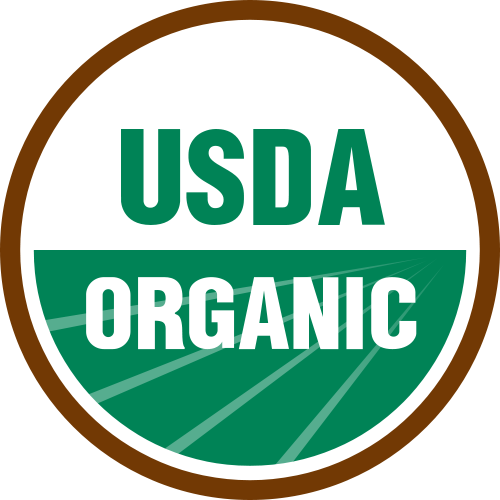
In an announcement that made parents everywhere scratch their heads in disbelief, the American Academy of Pediatrics issued a statement last month questioning whether organic food was really any better for children than conventional food.
The statement, which was published in the Journal Pediatrics, comes on the heels of a Stanford University study touting similar conclusions.
Dr. Janet Silverstein, a pediatric endocrinologist at the University of Florida in Gainesville and co-author of the Academy’s statement, said that the science is lacking as to whether eating pesticide-free food makes people any healthier.
Hold on just one minute!
The American Academy of Pediatrics actually needs “rigorous” scientific data to prove that eating food without poison is better than eating food with poison simply because the poison is “within safety limits”?
Doesn’t this strike you as just a wee bit ridiculous and tantamount to saying that science hasn’t proved that the sun comes up in the morning so we are going to assume it doesn’t until further studies are done?
As my grass-fed dairy farmer is fond of saying, “You just can’t fix stupid”.
For those of you who might have been more than a little confused by this statement, I filmed a brief video to discuss organic versus conventional food as it relates to fresh produce.
I also attempt to clarify the not so obvious point that locally grown fruits and veggies are where it’s at nutritionally speaking even when compared to organics.
Interesting how the American Academy of Pediatrics statement completely omitted this salient point!
The video also discusses how to best clean off pesticide residue from locally grown produce that might have been minimally sprayed or simply not “certified organic”.
What did you think of the American Academy of Pediatrics’ statement? Did you laugh and shake your head as I did? Did you roll your eyes in dismay? Will you change any of your buying habits as a result of it?
References
American Academy of Pediatrics Says Organics No Better
The Hydroponic Invasion of USDA Organic








The Pediatric specialization was created by the drug companies to push vaccines. Just about every Pediatrician is a salesperson for vaccines, and often a very pushy and threatening one at that.
You are much better off having a family doctor than a vaccines salesperson.
How stupid is it to claim that you need a rigorous study that no one will ever do to know that poison in food is bad for us?
And why would anyone ever listen to someone who said so?
I believe the only way to make real food more affordable is to have more of us learning to produce it and doing so on whatever scale our current home situation can allow for. Once people start growing food in whatever small spaces they have, they often find that they can get a lot more out of their space than they would have ever believed before they began to do it. I think we all need to have a victory garden and a spirit of love and cooperation that helps us help others catch the gardening but and learn to do it.
We feed our five children real foods, but to say it is easy to do financially is not true. It does cost more especially if you are living on one income and do not receive assistance, but I feel the cost is well worth it! The savings in healthcare alone justify the added expense of a nutritionally dense grocery bill.
No matter how many big organizations get in on the “conspiracy” to try to ensure that it is “common knowledge” that all those chemical pollutants are really no big deal, I am still going to keep moving towards real farmers who are moving in a really healthy direction for my food and for their land.
its generally a short, straight route from those who funded the study to those who stand to benefit from them.
If the AAP believe that pesticides are at acceptable levels in conventional food, they should also look at the effects as pesticides accumulate in the body. I may have been able to eat non-organic apples as a kid, but in my late teens (and to this day) my throat starts to close up when I eat a conventional apple yet not organic ones. The only difference I can attribute that to is – pesticides. Plus how many parents know to soak produce in the vinegar/filtered water combo that Sarah illustrated in the video in order to remove as much of the pesticides as possible?
Would these pediatricians who favor conventional foods be willing to use their own families as guinea pigs and measure the toxin levels in their kids before/after conventional foods vs organic ones?
Joan- I totally agree with you! We don’t make much money, but for a very reasonable amount we eat real food all the time! You hit the nail on the head- it takes hard work to prepare healthy food, and that is something a lot of people just aren’t willing to do.
Video news attached now ^
I second Brittany
Stanford University is internally funded by Monsanto…no thanks I’ll stick to my organic! what a lack of integrity